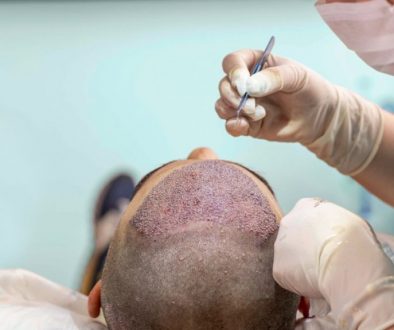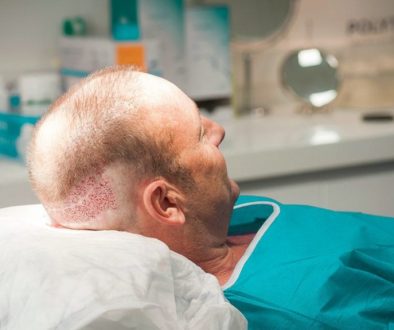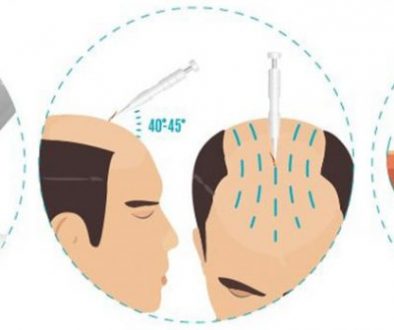The Problem of Hair Loss in Women
The Problem of Hair Loss in Women
To the majority of the world, hair loss is seen as a problem only in men, but there are over 20 million U.S. women alone who suffer from hair loss as well.
Though men struggle with losing hair at varying levels, losing hair for a woman is often emotionally detrimental. Women typically desire to have long, thick, and lustrous locks, which is why so many women are turned on to commercials for volumizing shampoos that maximize body and shine.
Unfortunately to date, there is not a cure for male or female hair loss. The good news is however, that there are now more options to help women who are losing their hair.
Rogaine with minoxodil (one of the two FDA approved medications) in the two-percent solution is available for women. Generic versions of minoxodil can be bought for as little as $10-$20 per month.
One of the newest FDA “Cleared” hair loss treatments available for women (as well as men) is laser technology. Laser hair loss therapy has been around for decades but only recently was “cleared” not approved by the FDA. It has been speculated that the light energy stimulates cells and causes hair to grow. It has been said that patients may need up to three, 15-minute sessions a week in an office setting. The cost is typically around $4,000 a year. Patients can also try hand-held lasers at home for varying prices.
I caution the readers of this article however, to research laser technology thoroughly before using it as there is a lot of controversy as to whether or not this product does what it claims to do. And even if this product has any efficacy, it is still not a miracle cure. $4000 a year is a steep price to pay for only a slim chance that it will regrow some hair. To begin researching laser technology, I recommend clicking here.
Hair transplantation has also been coming more increasingly popular over the years for women because of the new advancements in ultra refined follicular unit transplantation. To date, hair transplantation is the only method that may help restore a good portion of hair, especially for those who have significant loss. Of course, not all women will be a candidate for a hair transplant. Therefore it is advisable to seek out a quality hair restoration physician to determine candidacy.
Keep in mind that Propecia is NOT FDA approved for women. Depending on an individual’s circumstance however, a hair restoration physician may prescribe it off-label only if it’s appropriate.
These hair restoration treatments will vary from patient to patient. Additionally, it is important to research and become knowledgeable about all the benefits, limitations, and risks associated with any of these treatments.
Bill
Associate Publisher
Technorati Tags: hair loss, losing hair, female hair loss, minoxodil, FDA approved, hair loss treatments, hand-held lasers, laser technology, Hair transplantation, hair transplant, Propecia, hair restoration, hair restoration treatments



